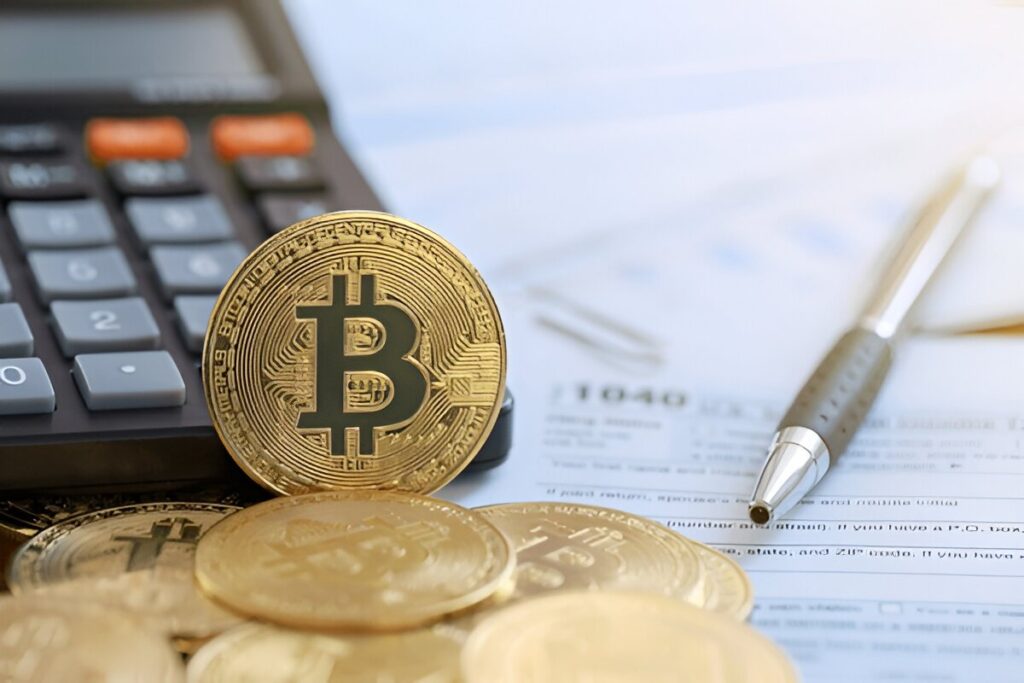As blockchain technology reshapes the financial and technological landscape, a new field of legal practice has emerged — crypto litigation. From cryptocurrency fraud and regulatory disputes to smart contract failures and cross-border asset recovery, this area combines complex technology with evolving legal frameworks. For those seeking professional representation and deep expertise, visit https://dilendorf.com/blockchain-litigation.html — a trusted legal resource for blockchain and digital asset disputes.
Understanding the Nature of Crypto Litigation
Crypto litigation refers to legal actions and investigations involving blockchain-based assets such as Bitcoin, Ethereum, stablecoins, tokens, and NFTs. It often arises from disputes over fraud, contract breaches, intellectual property, regulatory violations, and mismanagement of digital funds. The decentralized and pseudonymous nature of blockchain makes these cases particularly challenging, as they frequently span multiple jurisdictions and require specialized technical analysis.
Unlike traditional financial disputes, crypto cases demand both legal and technical expertise. Lawyers must understand how transactions are recorded on blockchains, how wallets function, and how to trace assets across multiple ledgers. A professional legal team with blockchain expertise can bridge this gap and ensure clients receive comprehensive representation.
Common Types of Blockchain and Crypto Disputes
1. Cryptocurrency Fraud and Theft
Fraud remains one of the most significant drivers of crypto litigation. Victims of hacking, phishing, or Ponzi schemes often struggle to recover assets due to blockchain’s borderless structure. Legal teams use blockchain forensics to trace stolen assets, identify suspects, and pursue injunctions or asset-freezing orders through the courts.
2. Token Offering and Securities Violations
Regulators like the U.S. SEC and the UK FCA have intensified scrutiny of token sales and ICOs. Companies that fail to register their tokens as securities or mislead investors face lawsuits and penalties. Crypto litigation in this field aims to recover investor funds, determine compliance status, and define the regulatory boundaries for digital assets.
3. Smart Contract Failures
Smart contracts automatically execute terms encoded in software. However, bugs, logic errors, or exploits can result in significant financial losses. Determining liability often requires expert witnesses and forensic code review to establish whether negligence, manipulation, or force majeure caused the failure.
4. Exchange and Custody Disputes
Exchanges and custodians hold vast sums of user funds. Mismanagement, insolvency, or lack of transparency — as seen in major collapses like FTX — has triggered global legal actions. Clients seek restitution and demand stronger custody rules and oversight mechanisms.
5. DeFi and DAO Governance Conflicts
Decentralized Finance (DeFi) protocols and DAOs present new governance challenges. Disputes often stem from decision-making, token distribution, or voting manipulation. Courts and arbitrators now face the task of interpreting decentralized governance models and determining accountability in distributed systems.
6. Intellectual Property and Brand Protection
As blockchain innovation accelerates, conflicts emerge over software code, algorithms, NFT metadata, and proprietary blockchain designs. Intellectual property law intersects with crypto litigation to protect developers, investors, and companies from digital exploitation.
Key Challenges in Crypto Litigation
While crypto litigation shares traits with traditional law, it poses unique challenges:
- Anonymity of participants: Identifying defendants hidden behind wallet addresses can be difficult without forensic assistance.
- Jurisdictional complexity: Transactions occur globally, making it unclear which courts have authority.
- Rapid regulatory change: Laws governing crypto assets differ drastically between countries and evolve quickly.
- Immutability of data: Blockchain records are permanent, meaning that mistakes or fraud are permanently traceable but cannot be undone.
- Volatility of asset value: Price fluctuations can complicate damage assessments in lawsuits.
The Role of a Specialized Legal Team
Successful navigation of crypto disputes requires more than legal acumen — it demands technical literacy and experience with digital evidence. A law firm specializing in crypto litigation provides tailored strategies that integrate asset tracing, regulatory defense, and cross-border coordination.
Experienced lawyers handle cases involving cryptocurrency exchanges, token issuers, DeFi platforms, and investors. They collaborate with blockchain forensics experts, cybersecurity specialists, and regulators to ensure effective resolution. Professional guidance helps clients recover assets, avoid compliance risks, and protect intellectual property.
Steps in the Crypto Litigation Process
- Case Evaluation: Assessing the nature of the dispute, identifying involved parties, and determining applicable laws.
- Blockchain Analysis: Using forensic tools to trace digital assets and verify transaction histories.
- Jurisdiction Assessment: Selecting the most favorable forum for litigation or arbitration.
- Filing and Injunctions: Initiating lawsuits and requesting emergency relief to freeze or recover assets.
- Evidence Presentation: Presenting on-chain data, expert testimony, and forensic evidence.
- Resolution and Enforcement: Executing judgments or negotiated settlements, often across multiple jurisdictions.
Regulatory and Compliance Considerations
Many disputes arise due to non-compliance with AML (Anti-Money Laundering), KYC (Know Your Customer), and tax laws. Businesses dealing in cryptocurrencies must adhere to these regulations to avoid enforcement actions. Regulatory litigation often centers on whether an entity acted as an unlicensed exchange, broker-dealer, or custodian. Consulting experts early can help prevent costly penalties and reputational damage.
Blockchain Forensics in Legal Proceedings
Blockchain technology offers a transparent, immutable record of transactions, making it a powerful source of evidence in court. Lawyers increasingly rely on blockchain forensics to track funds, verify ownership, and prove or disprove claims of fraud. Judges now recognize blockchain data as admissible evidence when properly authenticated by experts.
Cross-Border Enforcement
Because crypto assets move seamlessly across countries, cross-border enforcement is critical. Lawyers work with global regulators, exchanges, and financial institutions to implement asset freezes, subpoenas, or recovery orders. International cooperation is expanding, but differences in national laws still present significant challenges.
Preventing Crypto Disputes
While litigation may be unavoidable in some cases, proactive legal and compliance measures can reduce risks:
- Draft clear smart contracts with external audits.
- Implement robust compliance and reporting frameworks.
- Educate clients and employees about scams and phishing schemes.
- Maintain transparency in token issuance and project funding.
- Engage experienced counsel before major crypto transactions.
The Future of Crypto Litigation
The next decade will see a surge in crypto-related legal actions as digital assets continue to integrate with global finance. Areas such as NFTs, DeFi lending, CBDCs, and tokenized securities will drive new precedents. Courts will face increasingly technical questions about algorithmic decision-making, artificial intelligence, and blockchain governance.
Legal professionals must stay ahead of technological change. Firms that combine expertise in finance, technology, and law will shape how justice is served in this new digital economy. Ongoing education, collaboration, and regulation will be key to balancing innovation with accountability.
Conclusion
Crypto litigation represents the frontier of modern law — a fusion of technology, finance, and legal reasoning. Whether you are a startup, investor, or enterprise engaged in blockchain operations, working with a firm experienced in this space ensures that your interests are protected. For more information on professional representation and case studies in blockchain disputes, visit https://dilendorf.com/blockchain-litigation.html.
In a world where innovation moves faster than regulation, those who understand both technology and the law will lead the way toward fairness, transparency, and accountability in the crypto economy.


